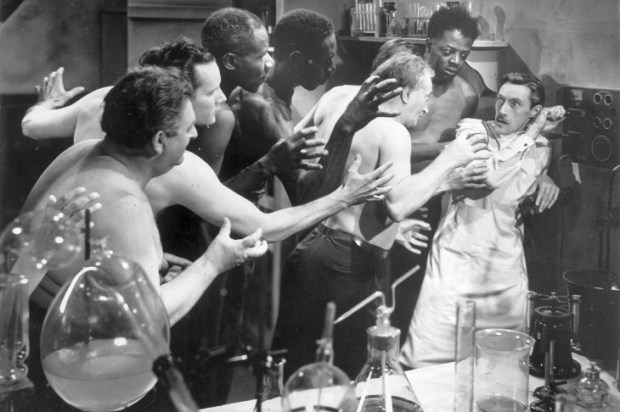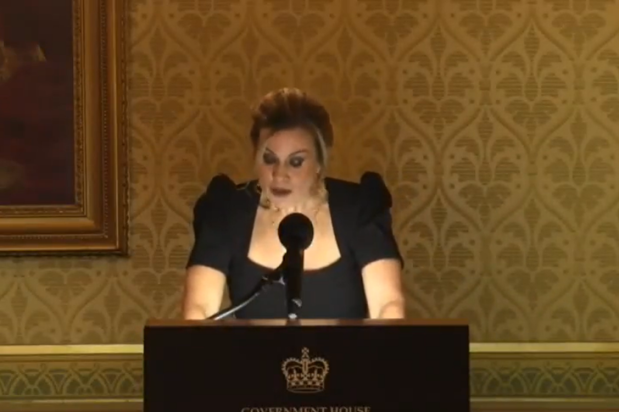Woke intolerance has penetrated peak scientific associations in psychology. There is a rapidly developing scandal around the recent dismissal of Klaus Fiedler, the Chief Editor of the prestigious journal Perspectives on Psychological Inquiry by the executive of the Association of Psychological Science.
Fiedler was accused of racism and was summarily removed from his editorship by the association.
Already a subscriber? Log in
Subscribe for just $2 a week
Try a month of The Spectator Australia absolutely free and without commitment. Not only that but – if you choose to continue – you’ll pay just $2 a week for your first year.
- Unlimited access to spectator.com.au and app
- The weekly edition on the Spectator Australia app
- Spectator podcasts and newsletters
- Full access to spectator.co.uk
Or


























Comments
Don't miss out
Join the conversation with other Spectator Australia readers. Subscribe to leave a comment.
SUBSCRIBEAlready a subscriber? Log in